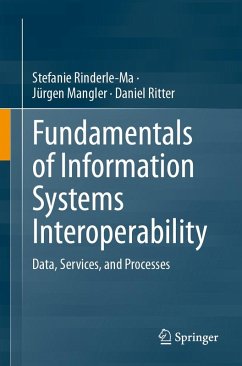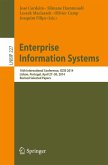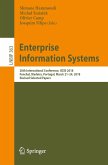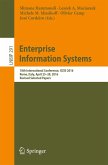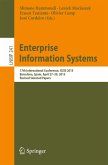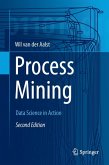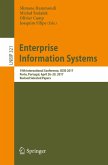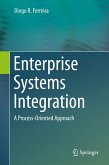Chapter 1 details general interoperability challenges and describes the structure of the book. To start with, Chapter 2 presents technologies for the exchange of data between two selected and highly relevant data formats, i.e., relational databases and XML. Next, Chapter 3 explains concepts for schema matching and mapping and data integration as well as the technological basis for implementing them based on query and transformation languages like XPath and XSLT. Chapter 4 then turns to service interoperability and explains two related technologies - REST and GraphQL - in detail. In Chapter 5, fundamentals for designing process orchestrations at the conceptual level are presented, focusing on how to model process orchestrations and how to verify their correctness and soundness, and showing BPMN as the de facto modeling standard. Chapter 6 then details the concepts and languages for the implementation of process orchestrations, including the presentation of execution languages for process orchestrations that are equipped with a formal semantics, e.g., Workflow Nets, the Refined Process Structure Tree, and CPEE Trees. Subsequently, Chapter 7 focuses on the growing number of distributed, loosely coupled, and often non-interoperable applications through the concepts of enterprise application integration and explains these by an implementation in CPN Tools and by two case studies. Eventually, Chapter 8 is lifting the orchestration and integration concepts and technologies to the choreography level by dealing with the interoperability between different process orchestrations. Chapter 9 concludes the book by featuring success factors for interoperability projects. It also provides a range of open research directions for interoperability such as compliance, sensor fusion, and blockchain technologies.
The book is mainly intended as a textbook to be used for developing and teaching courses on interoperability and integration. To this end, it is accompanied by a Web site with additional teaching materials. It also spans a bridge from researchers to graduate students and practitioners by providing a deep understanding on practical interoperability challenges and solutions. The focus here is put on de facto standards and open-source systems and tools to enable interoperability solutions at low cost.
Dieser Download kann aus rechtlichen Gründen nur mit Rechnungsadresse in A, B, BG, CY, CZ, D, DK, EW, E, FIN, F, GR, HR, H, IRL, I, LT, L, LR, M, NL, PL, P, R, S, SLO, SK ausgeliefert werden.

